In the midst of the worst socio-economic and geopolitical crisis in recent history, the glass industry is facing challenging times. Energy-saving measures in the glass industry are at the core of savings and efficiency improvement. The float glass and various film materials used in the production of safety glass are complex. Their processing, different heat treatments, and lamination together with foreign materials are sensitive tasks—many things can go wrong. Still, areas for energy efficiency can be found in daily matters. In this article, I share with you my thoughts and experiences on what to pay attention to.
Operational Control and Production Management:
- Improve yield, machine utilization, and throughput in production. From the perspective of energy-consuming processes, such as tempering and lamination, production planning plays an important role, enabling the optimization of glass loading and 'steady-fast' throughput. This is usually a more efficient way to produce. This is especially true in heat treatment processes and lamination, where changes in processing conditions in the furnaces, cleanrooms and environment affect both quality and energy efficiency.
Tempering:
- Use the furnace at a constant temperature. Basically, repeated recipe-specific temperature changes that require waiting time are unnecessary. The process can always be controlled more efficiently by minimizing the number of adjustable parameters. With this simple 'recipe,' the energy used for temperature rise and the time spent on cooling can be eliminated. When heating glass with standardized furnace temperature general parameters, different types of glass can be tempered by controlling heating time, convection, and individual resistance settings.
- Control fragment size. Unnecessarily high fragment numbers are at worst over-quality and consume fan energy.
- Loading design & optimization and loading efficiency significantly affect the energy efficiency of toughening.
Lamination:
- Optimize film and material storage conditions & parameterization. The storage of lamination materials and the HVAC equipment in processing spaces consume a lot of energy. Optimizing conditions, adjusting equipment, and maintenance measures can create significant savings opportunities.
- Test vacuum bags or rings for leaks before running the lamination de-airing loss process.
Autoclaving:
- Eliminate unnecessary pressure use in the autoclave. Often in the autoclave, excess pressure is used, which does not add value. Even a small reduction in pressure use can bring savings.
- Maximize the use of autoclave loading capacity: for example, the design of autoclave glass holders/levels.
- Optimize your autoclave cycle heating times, maximum temperature, and cooling cycle.
- The condition of the autoclave cooler and process conditions significantly affect process efficiency. These include, for example, the temperature of the cooling water and especially with older equipment, the flow-through of the cooling pipe system. Lime deposits easily clog the cooler's flow-through, so the quality of the used cooling water also matters. High cooling water temperature or a clogged cooling pipe system extends the process cooling phase.
General Matters:
- Stop conveyors and other equipment when production is at a standstill.
- Check and eliminate air leaks in pneumatic lines.
- Optimize the control of water pump motors and water recycling/treatment processes.
- Improve and optimize energy consumption monitoring possibilities.
- Reduce the mass of tools undergoing heat cycles, such as, for example, laminate levels.
- Use possible heat treatment machine heat recycling and saving techniques, but make sure they are energy-efficient in the given environment.
- Maintain and improve machine thermal insulation. Especially with older machine stock, there are often maintenance needs in thermal insulation, but also easy development targets.
In the current operating environment, regardless of the market or product, the importance of the "first-time-right" philosophy has grown even further. Therefore, expertise in manufacturing processes is key to maintaining and improving competitiveness. Fortunately, expert help is available.
Author: Mika Eronen | Sr. Glass Specialist - bkt.fi
Mika Eronen is a senior glass industry expert. With over 24 years in the glass industry and experience spanning over 50 countries—including stints living in the USA, France, Peru, and Hungary—Mika offers his clients a unique blend of expertise and international perspective. Committed to continuous growth and innovation, Mika's career is marked by groundbreaking product introductions and significant process improvement achievements. Currently, he is working as an expert consultant, helping glass processors with their manufacturing and operational challenges.


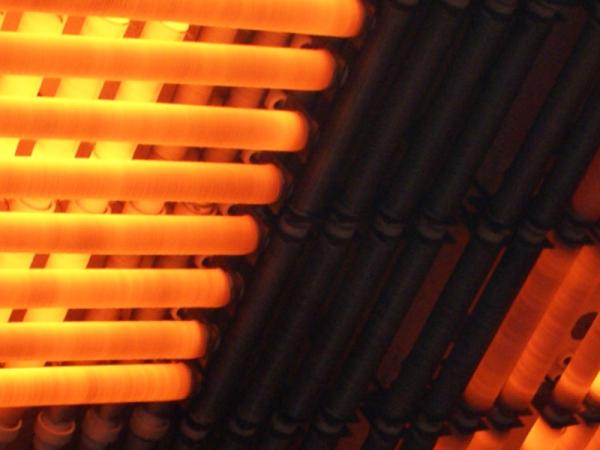



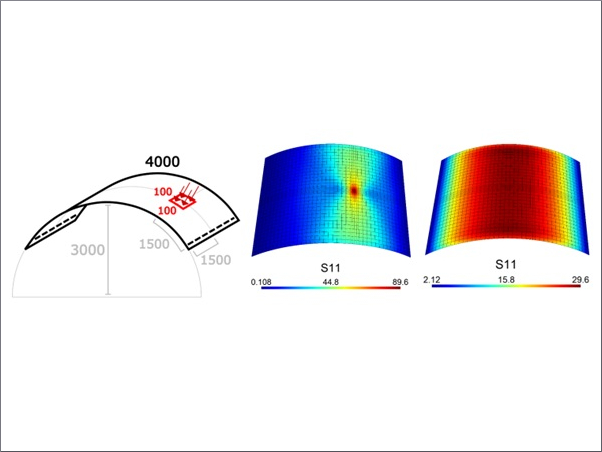
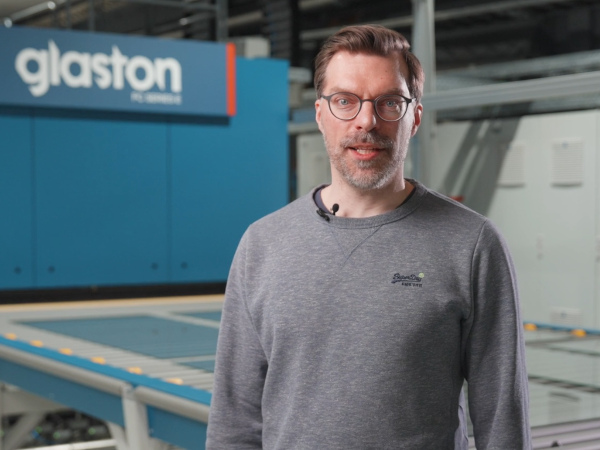
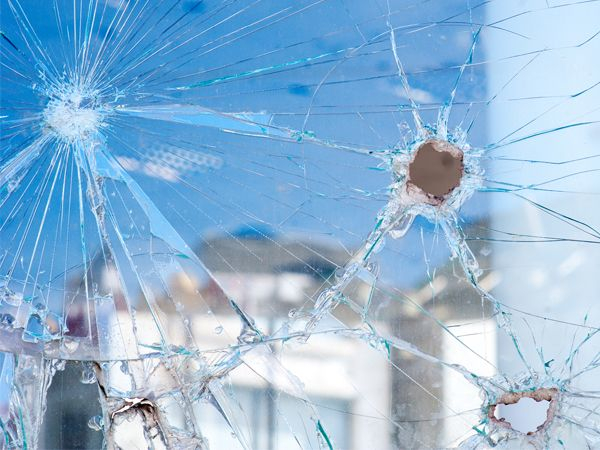
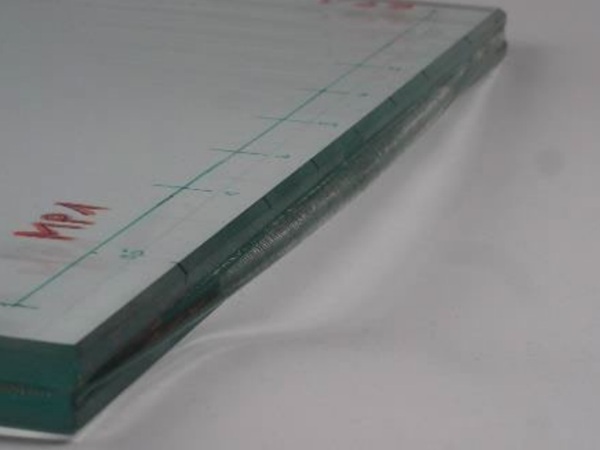
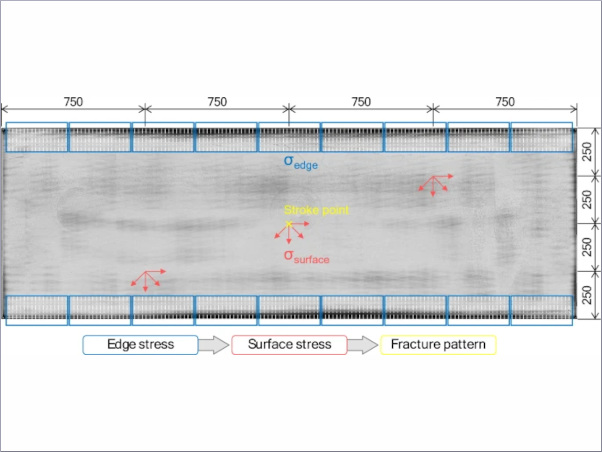









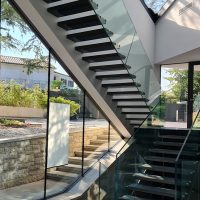
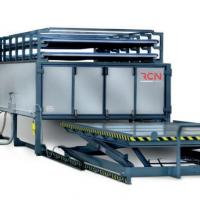

Comments
Process efficiency is greatly impacted by the state of the autoclave cooler and the surrounding surroundings.
This expert's guide offers valuable strategies and tips to optimize processes, minimize waste, and reduce energy consumption in manufacturing operations. By implementing these recommendations, manufacturers can enhance their competitiveness while contributing to a greener future. Manchester epoxy flooring company A must-read for anyone in the safety glass industry looking to enhance efficiency and sustainability!
This is an excellent article, Mika! Your comprehensive guide on improving energy efficiency in safety glass manufacturing is incredibly insightful. Your detailed breakdown of operational control, tempering, lamination, and autoclaving processes highlights practical steps that can lead to significant energy savings. Your expertise and global experience shine through, offering valuable advice for those in the industry. Thank you for sharing your knowledge and helping to drive efficiency and sustainability in glass manufacturing. Dryer Vent Cleaning Service
Hi,
On a broader scale, simple actions like stopping conveyors during downtime and monitoring energy consumption can make a big difference. And as you mentioned, embracing a "first-time-right" philosophy is crucial in today's market—expertise in manufacturing processes is more important than ever.
Thanks for sharing your thoughts! It's inspiring to see how small changes can lead to significant improvements in energy efficiency within our industry. Let's keep pushing for innovation and sustainability!
R. Brooks - Kitchens Parramatta
I am new to this blogging world and I spent almost an hour on this site reading some top quality blogs. extensions Hurstville